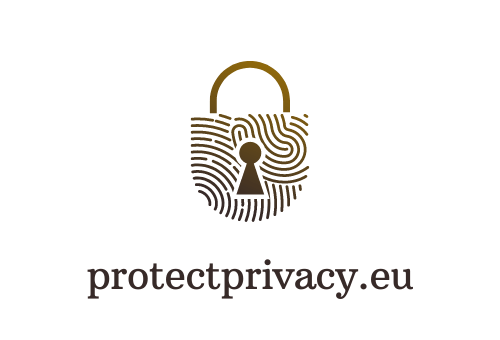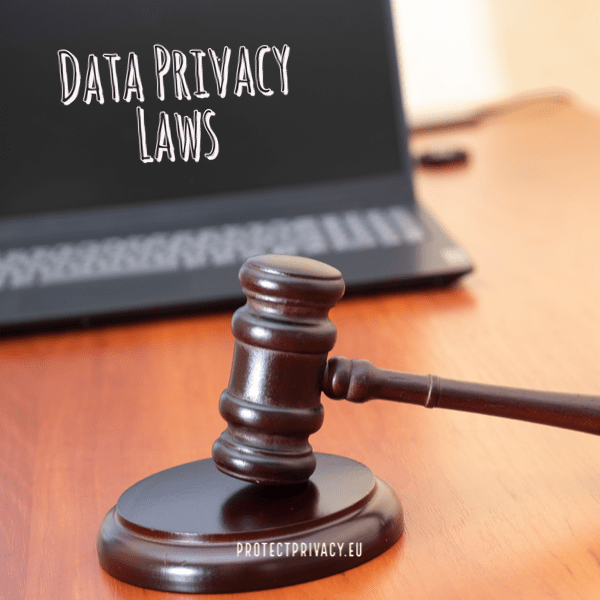The Right to Be Forgotten: Navigating Data Erasure Laws

In today’s digital world, privacy is a big concern. The Right to Be Forgotten is a legal concept that lets people ask for their personal information to be removed from the internet. This article explains what this right means, how to use it, and what it means for businesses and individuals.
Understanding the Right to Be Forgotten
The Right to Be Forgotten is about controlling your online information. It lets you ask for your personal data to be deleted if it is wrong, irrelevant, or no longer needed. This right is recognized in the EU’s GDPR and other laws.
Key Principles:
- Individual Autonomy: Empowering individuals to control their personal data.
- Balancing Act: Weighing the individual’s privacy rights against the public interest and freedom of expression.
- Jurisdictional Differences: The application of this right varies across different legal systems.
How to Request Data Erasure
Requesting data erasure is a process that may vary depending on the jurisdiction and the entity holding the information. Here’s a general guide:
- Identify the Information: Determine the specific data you want to be removed.
- Contact the Data Controller: Reach out to the organization or search engine holding the information.
- Submit a Formal Request: Provide the necessary identification and specify the reasons for the request.
- Follow Up: Monitor the process and respond to any queries from the data controller.
Case Studies and Legal Battles
The Right to Be Forgotten has led to numerous legal battles and case studies that highlight the complexity of implementing this right. Some notable examples include:
- Google Spain v. AEPD and Mario Costeja González: A landmark case that established the right to be forgotten in the EU.
- Legal Challenges in the US: The debate over whether this right should be recognized in the United States, balancing privacy with the First Amendment.
Implications for Businesses and Individuals
The Right to Be Forgotten has far-reaching implications for both businesses and individuals:
- For Businesses: Compliance with data erasure laws requires robust data management systems and an understanding of varying legal requirements.
- For Individuals: This right empowers individuals to control their online presence but also raises questions about the limits of privacy in the digital age.
Conclusion
The Right to Be Forgotten is a legal concept related to privacy in the digital age. It means that people can request that their personal information be erased from online platforms. This topic is important because technology and privacy are constantly changing. It is a complex issue, and discussions about it will shape our digital future.








